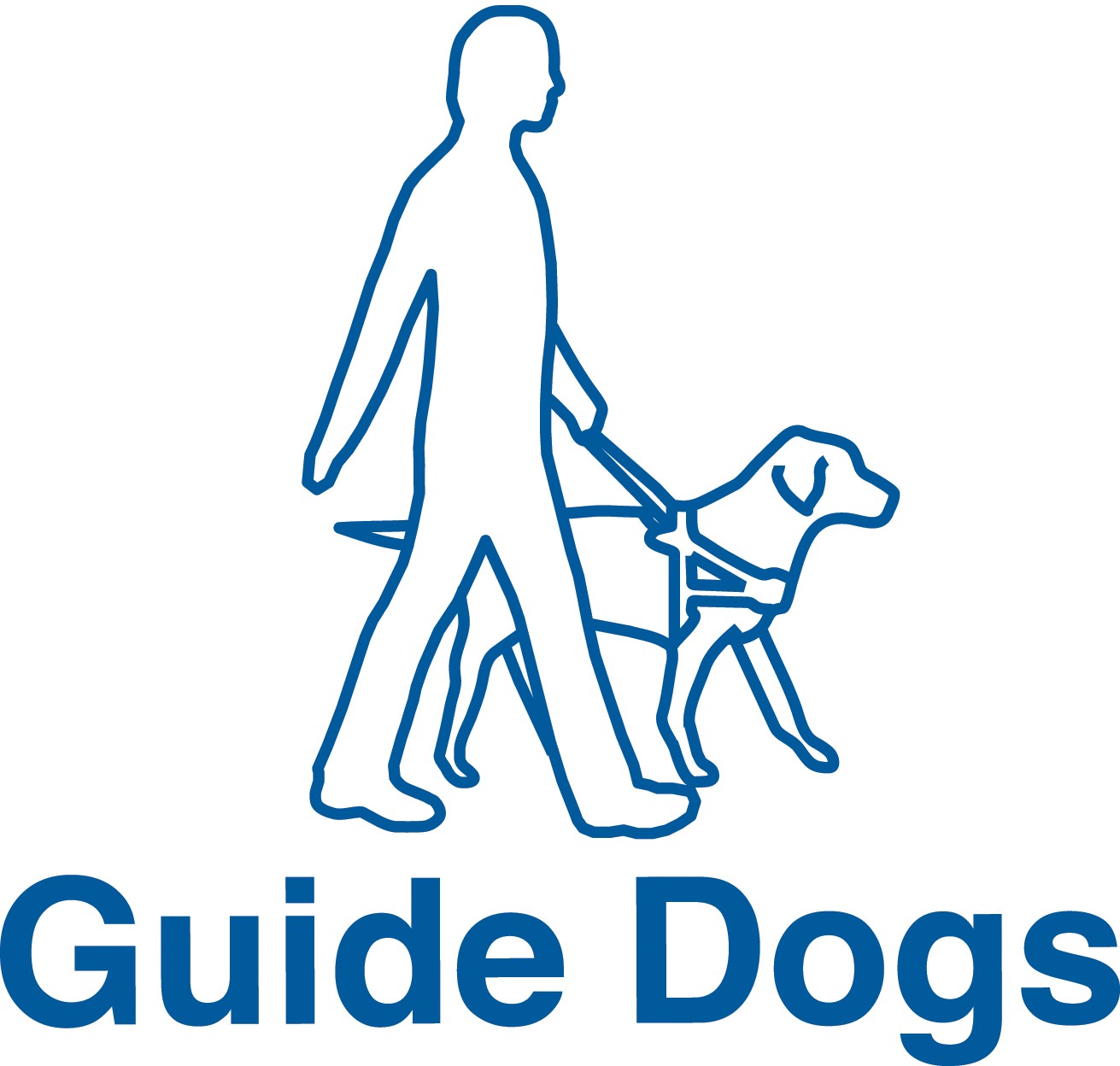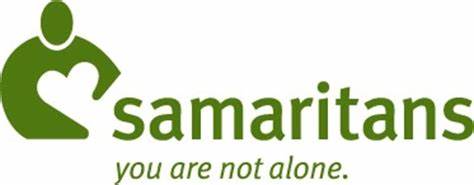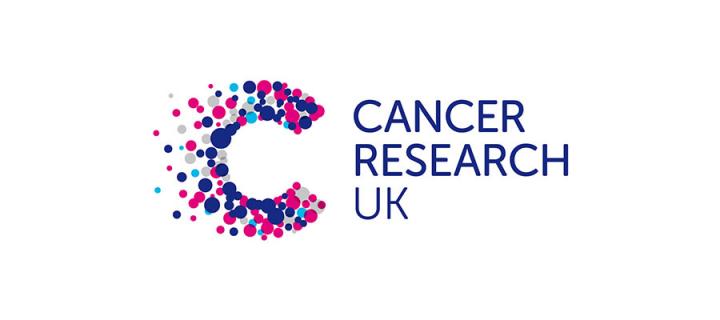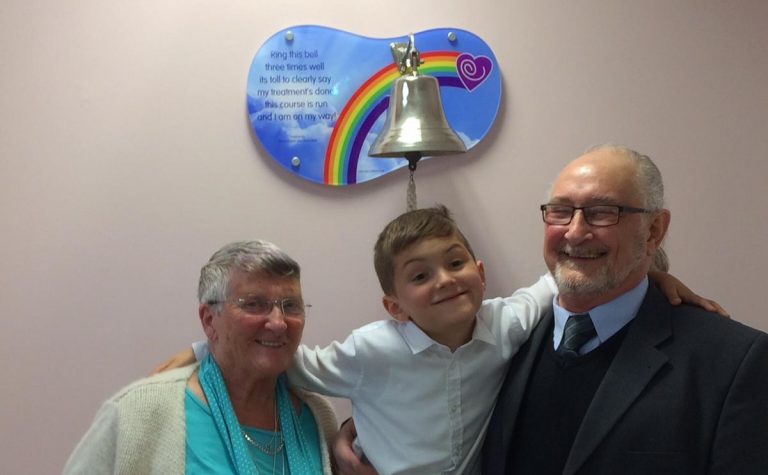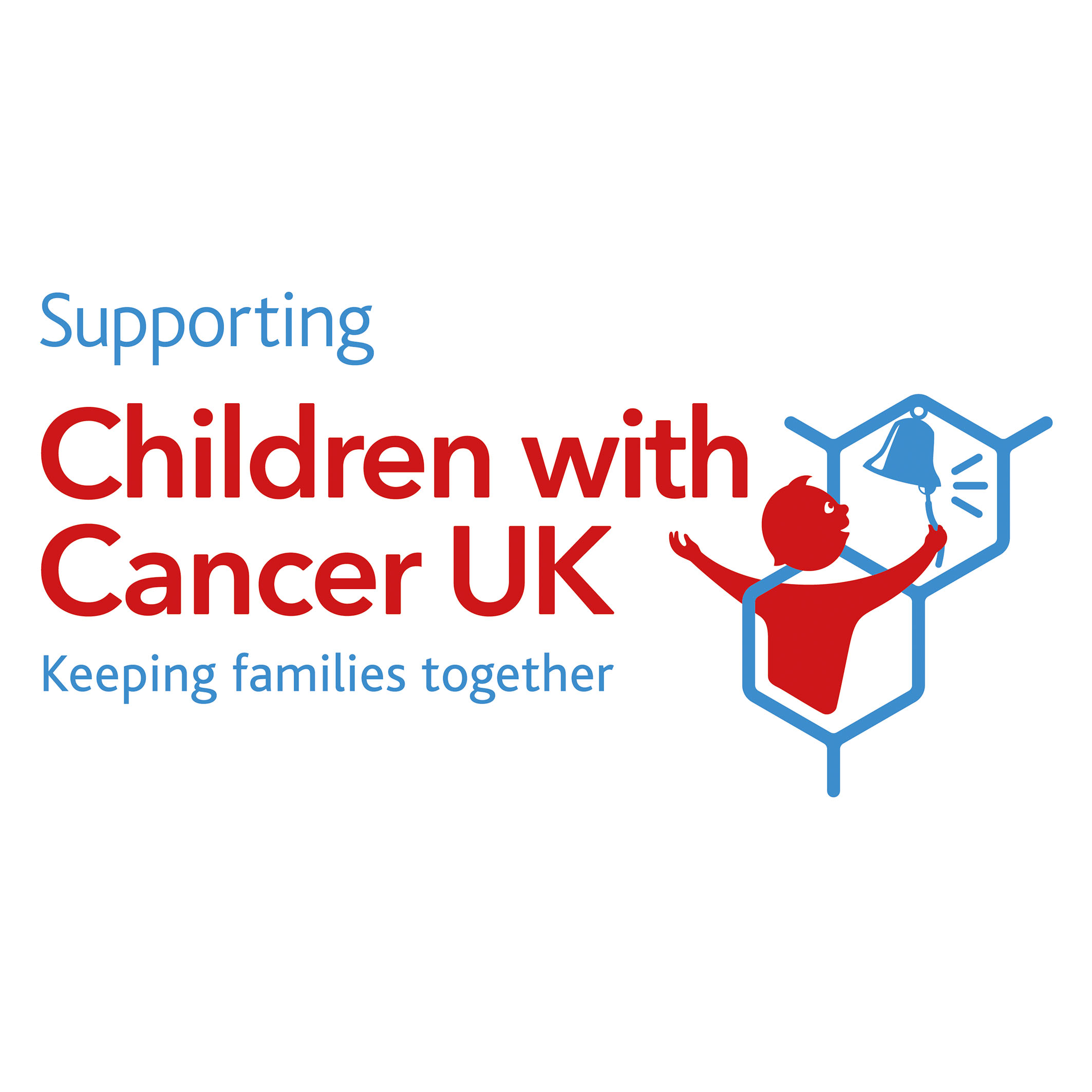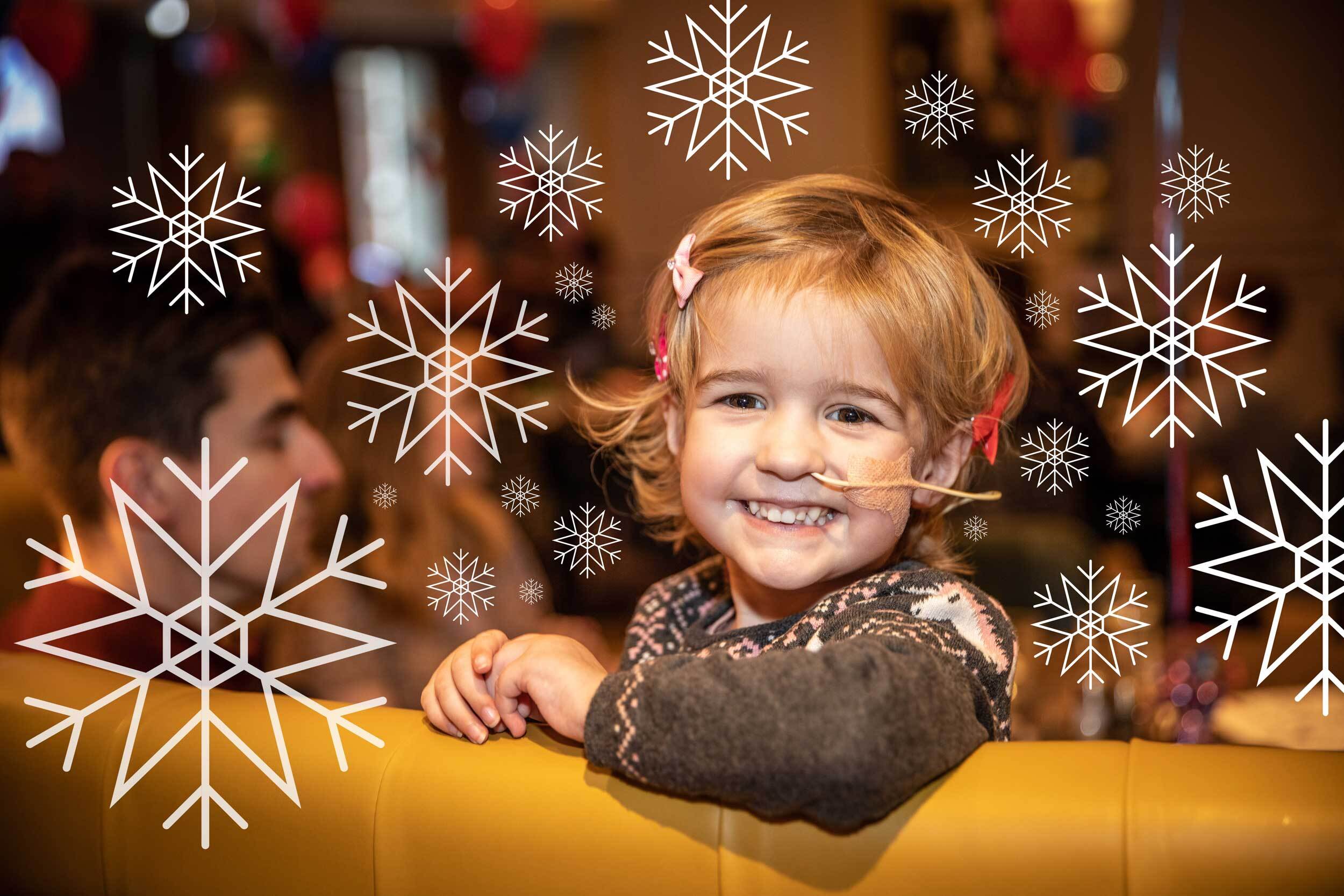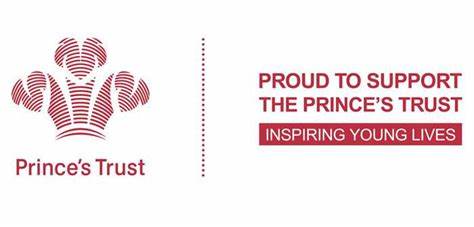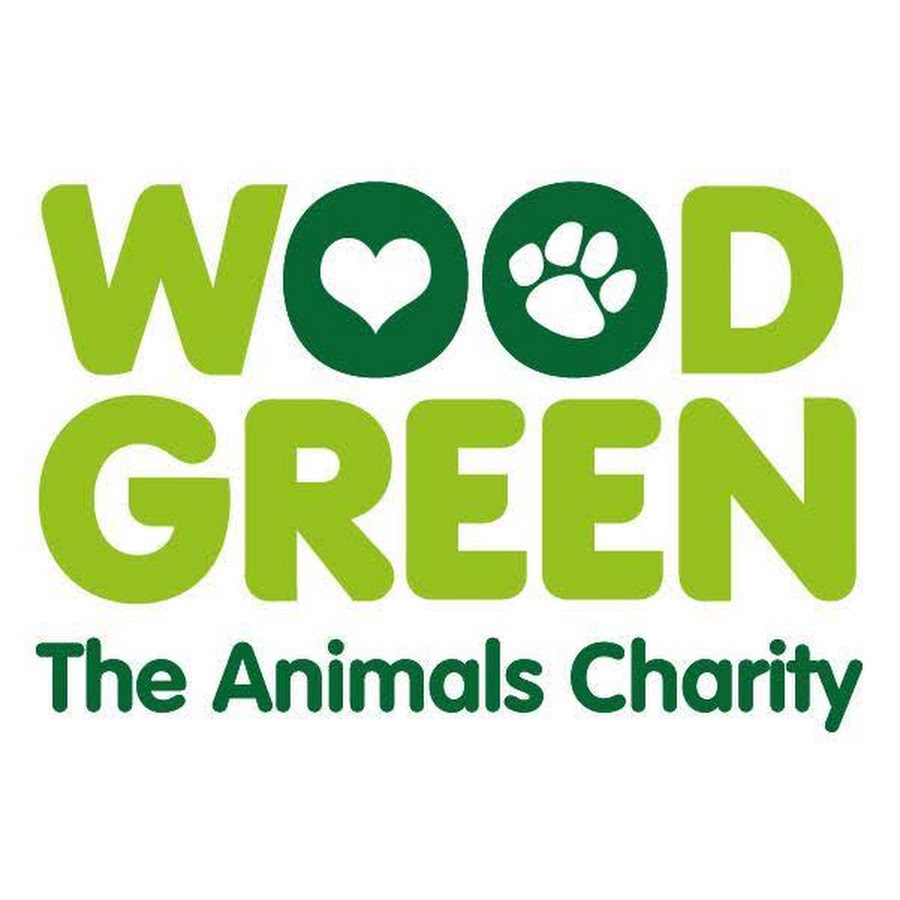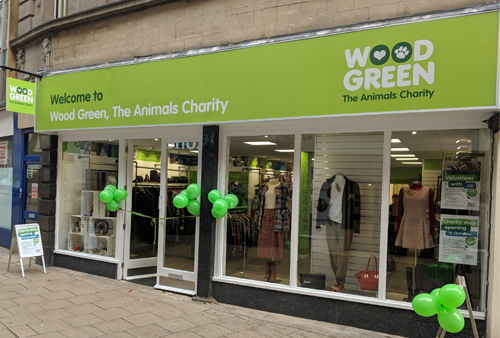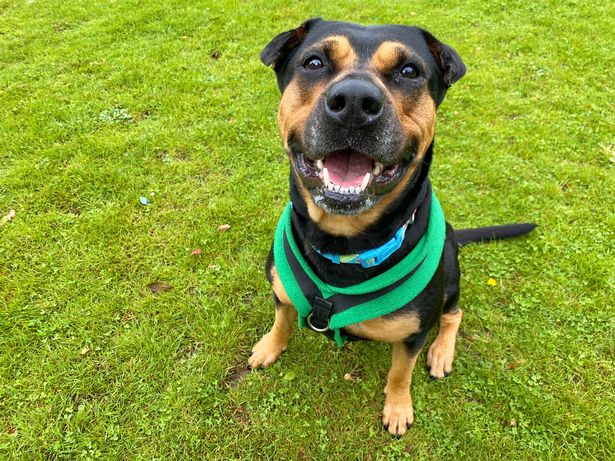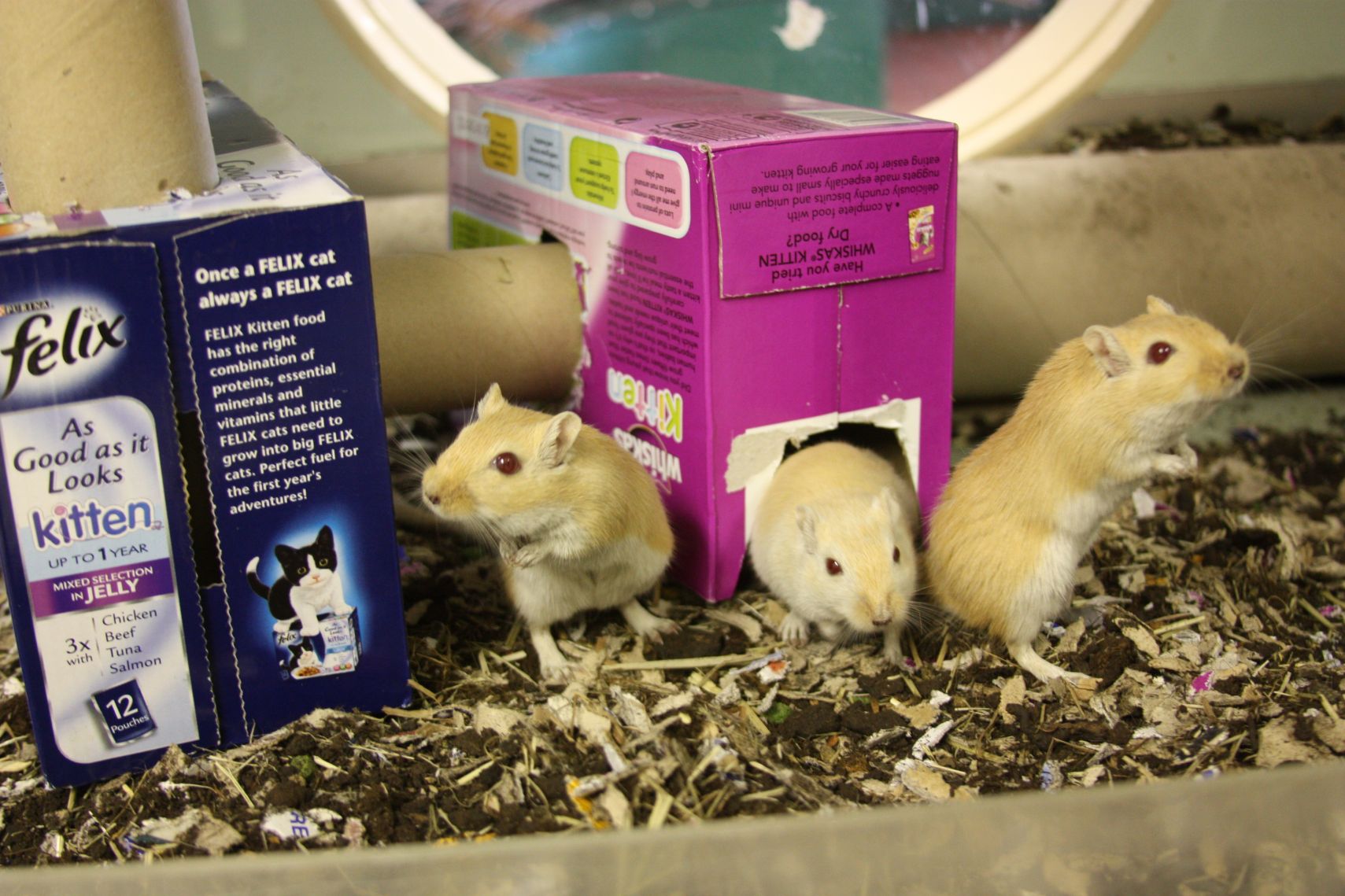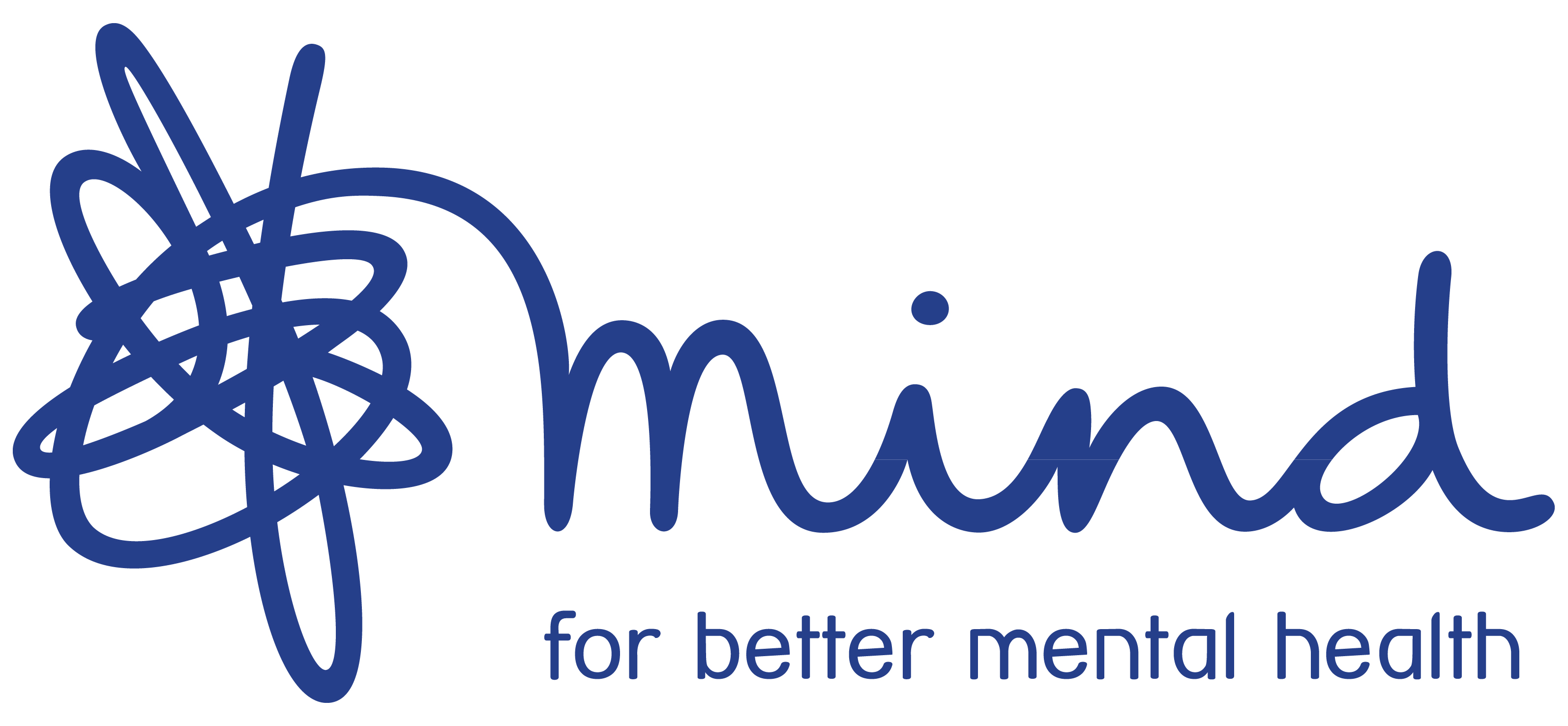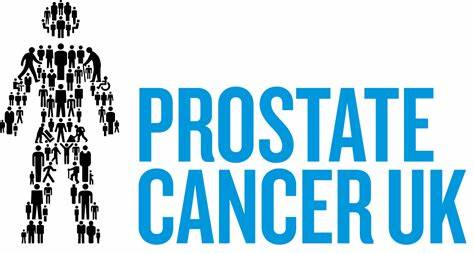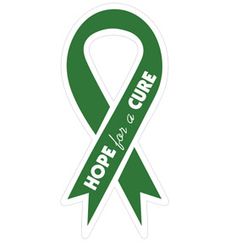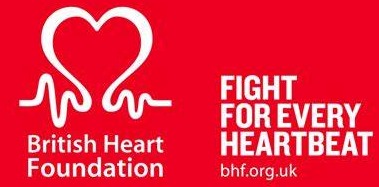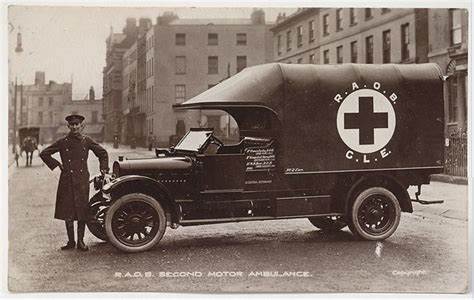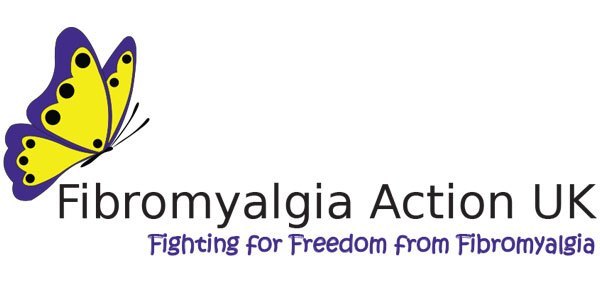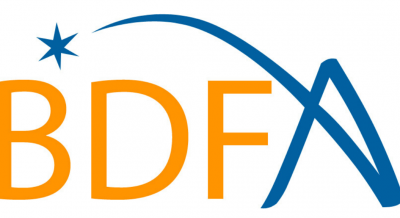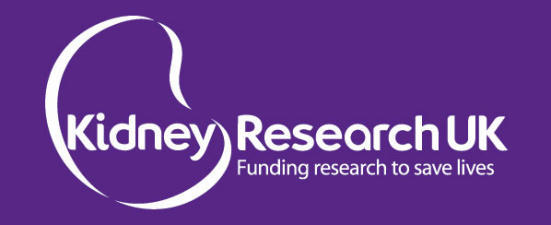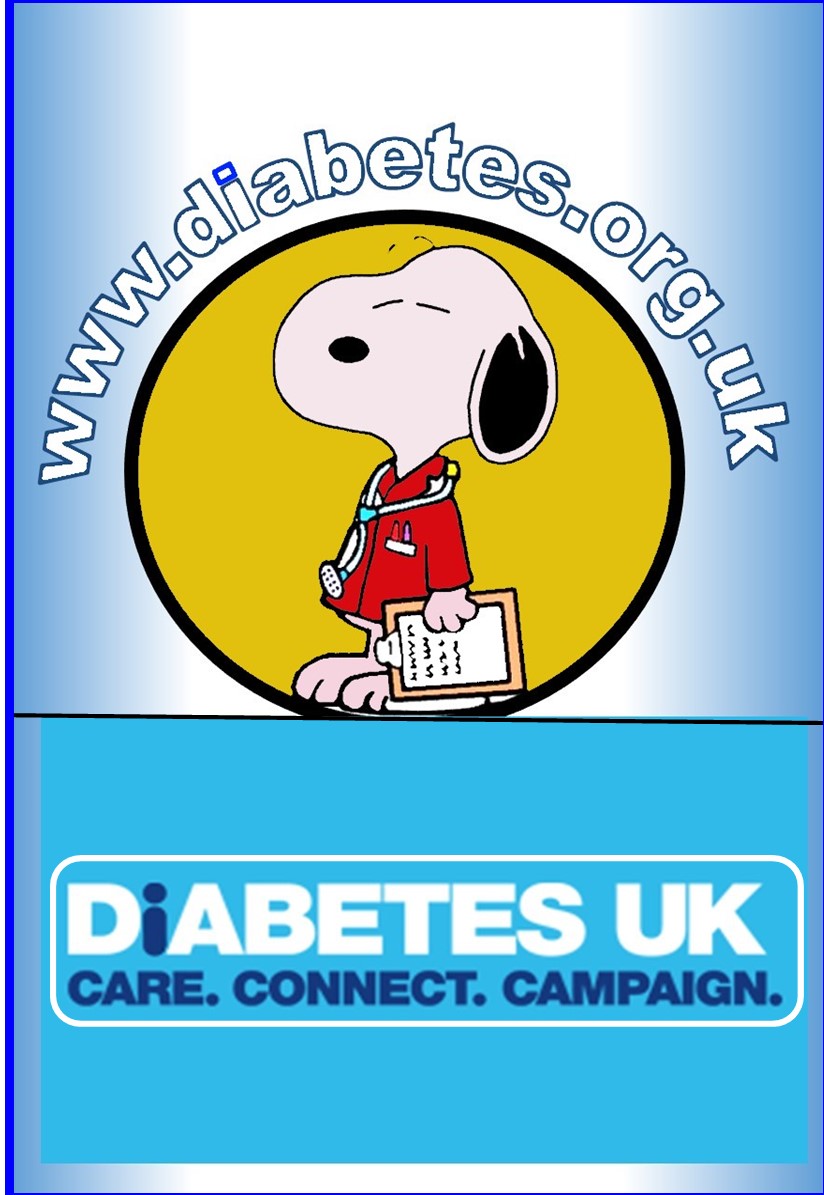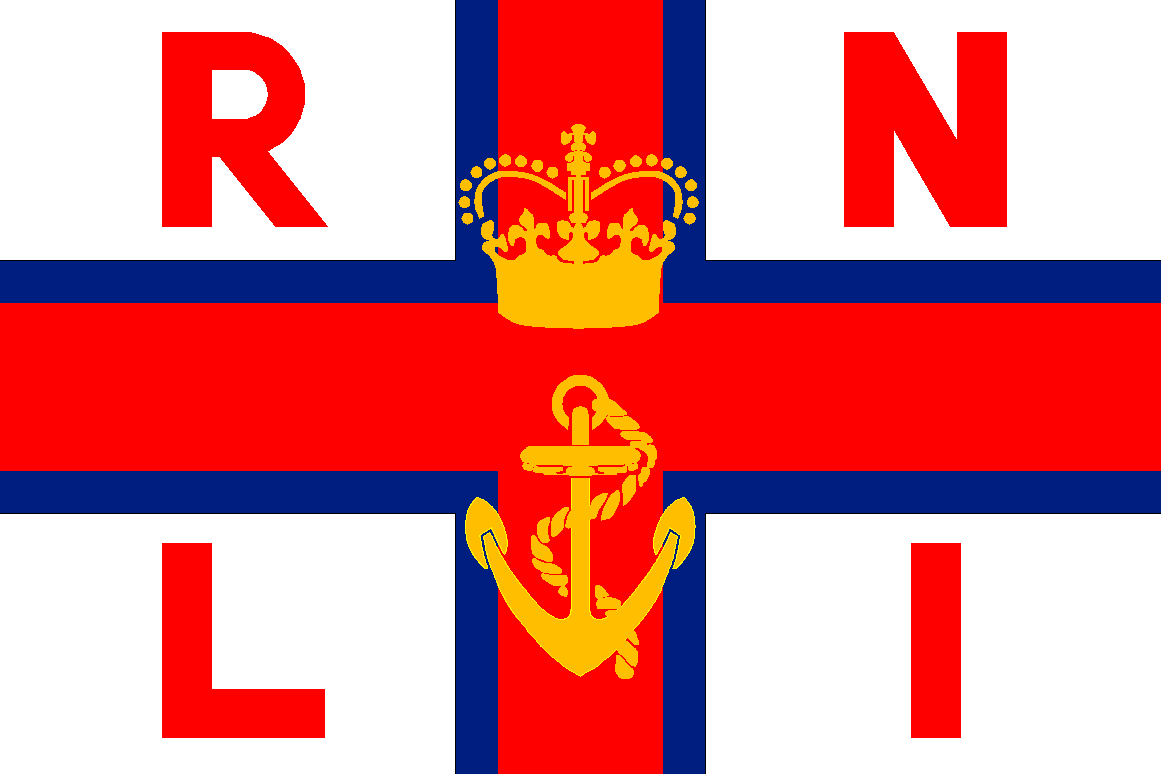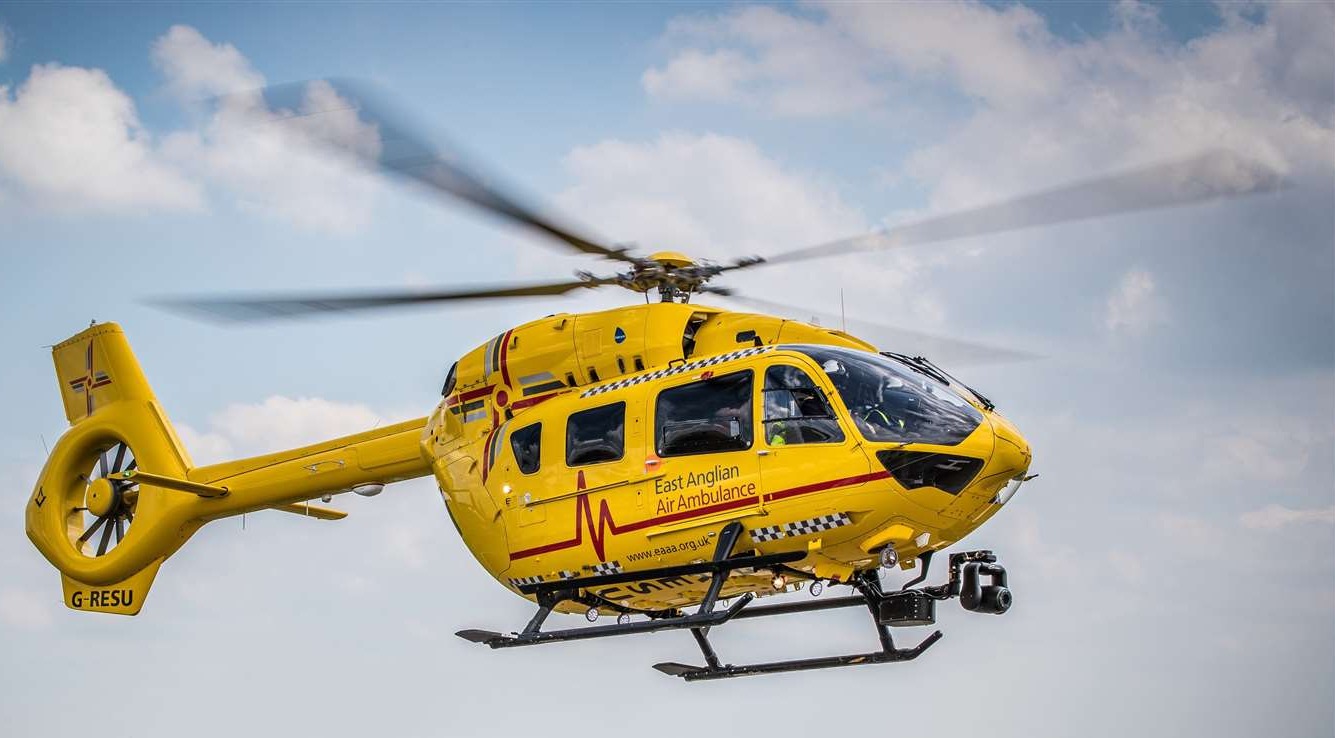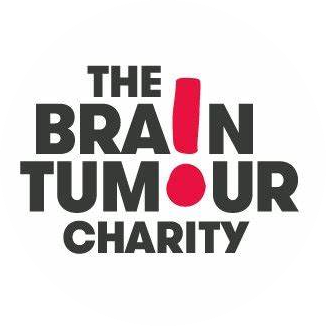Copy write 2018 LINKING HANDS CHARITY UK
If you would like to have your charity added to this page just email us with the charities details.
Lung cancer and mesothelioma aren’t the same disease. Mesothelioma is a very rare type of cancer that affects the linings of major organs. However, both can be caused by asbestos exposure. We can help you get justice and compensation after a mesothelioma diagnosis.
Women's Aid Charity
Women’s Aid is the national charity working to end domestic abuse against women and children.
We have been at the forefront of shaping and coordinating responses to domestic violence and abuse through practice for over 45 years.
We empower survivors by keeping their voices at the heart of our work, working with and for women and
children by listening to them and responding to their needs.
Women’s Aid was founded on women’s struggle against patriarchy, sexism and male violence and grew out of the Women’s movement in the 70’s and 80’s.
Today we take an intersectional approach to our work to end domestic abuse and stand with other feminist organisations leading the way in eradicating Violence Against Women and Girls.
Women’s Aid is a grassroots federation working together to provide life-saving services and build a future where domestic violence is not tolerated.
Women’s Aid is underpinned by fundamental feminist values which for us means being anti-racist and
inclusive in all that we do.
Women’s Aid as an organisation is founded on women’s struggle against patriarchy, sexism and male violence and grew out of the women’s movement in the 1970s.
Today we take an intersectional approach to our work to eradicate domestic violence and abuse and stand with other feminist organisations leading the way in eradicating Violence Against Women and Girls.
Women’s Aid is a lifesaving federation of frontline domestic abuse services, supporting women and children at the most challenging times of their lives. The power of us together, as a network of services united to support survivors of domestic abuse, is formidable.
Together we help save lives every day.
We use our campaigning to give a voice to survivors of domestic abuse and to influence real policy change.
All of our campaigning work is influenced by what survivors and services tell us they want to see change.
Support from survivors of domestic abuse, organisations and the public is vital to ensure our campaigns achieve success.
Help us stop avoidable child deaths and make sure children are put first in the family courts.
We are calling on the government, all family courts professionals, and involved agencies to make the family court process safer for women and children survivors of domestic abuse.
Join our the Child First campaign today and help us to ensure that children are always put at the heart of contact decisions made by the family courts.
Want to get more involved? Women’s Aid Campaign Champions support our national campaigns on a local level, give survivors of domestic violence a voice and help to ensure that politicians and other key decision makers are listening!
Email; info@womensaid.org.uk helpline@womensaid.org.uk
www.womensaid.org.ukif you are in need of urgent help call 999
Women’s Aid Federation of England,
PO BOX 3245
Bristol,
BS2 2EH, England
Put simply, menopause refers to the time when you stop having periods and can no longer get pregnant naturally. This occurs because your ovaries stop producing eggs and, as a result, levels of the hormones they produce (oestrogen, progesterone and testosterone) fall. Although many of us use the word ‘menopause’ to describe the period of time when we notice our periods begin to change and we experience typical menopause symptoms, it actually refers to a single day: when you haven’t had a period for 12 months in a row. The average age of menopause for women in the UK is 51, but there’s a lot of variation, so your menopause may happen sooner or later than this. Early menopause If you reach menopause before the age of 45, this is known as ‘early menopause’. In women under 40 this is sometimes referred to as Premature Ovarian Insufficiency (POI). Some women have POI without realising, so it’s important to check with your doctor if you’re under 40 and have irregular or infrequent periods. POI or early menopause can be triggered by surgery involving the ovaries, treatment for cancer, such as chemotherapy and radiotherapy, an underlying condition such as Addison’s disease or Down’s Syndrome, or an autoimmune disease like type 1 diabetes. Surgical menopause If you’ve had a hysterectomy (an operation to remove your womb), you might have had your ovaries removed at the same time. If this happens, you’ll immediately reach menopause. This is known as surgical menopause, and can happen to women of any age. What is perimenopause? For most women, the menopause doesn’t happen overnight. This is because, unless you’ve had a surgical menopause, your ovaries don’t suddenly stop working. Instead, they gradually slow down over a period of time as part of the natural menopause. This transition period leading up to the menopause is known as the perimenopause, and it can last for a few months or several years – the average is around four years. During the perimenopause, you may notice that your periods get lighter or irregular, and you might also experience symptoms including hot flushes, mood swings, brain fog and fatigue. It’s common to start noticing these changes around the age of 45, but you might notice them earlier or later. Don’t be surprised if it takes you a while to realise what’s happening – it’s easy to ignore these symptoms and put them down to the everyday stresses of your busy life. If you are over 45 and have noticed changes to your periods, and are experiencing symptoms such as hot flushes, night sweats, mood changes, poor sleep or brain fog, your doctor should be able to diagnose the perimenopause without the need for any tests. How long will it take for my symptoms to improve? Hot flushes and night sweats usually stop within a few weeks of starting to take HRT, but vaginal and urinary symptoms (such as dryness, pain and discomfort during sex, and recurrent urine infections) can sometimes take several months to settle. Within a few weeks you may also notice that you’re sleeping better, your mood and concentration improve, aches and pains begin to ease, your energy levels increase, and your skin and hair look healthier. What are the benefits of HRT? As well as helping to ease menopause symptoms, evidence shows that HRT can benefit your health in other important ways. Your risk of cardiovascular disease will reduce There’s evidence to show that taking HRT reduces your risk of cardiovascular disease, including heart attack and stroke. HRT can also help to lower cholesterol levels, which reduces the risk of heart disease. These benefits are greatest if you start taking HRT within ten years of your menopause. You’re less likely to develop osteoporosis Taking HRT can help to prevent – and even reverse – the bone loss that occurs due to low oestrogen levels during and after menopause. This means you’ll be less likely to break a bone as a result of osteoporosis. Other possible health benefits Some studies indicate that women who take HRT have a reduced risk of developing Alzheimer’s Disease and other types of dementia. However more research is needed before we know this for sure. Some research has also shown a reduction in the risk of bowel cancer in women in who take HRT. Not only that, some research shows a reduction in the risk of type 2 diabetes and osteoarthritis.
For further information see our website:
Volunteer:
volunteer@themenopausecharity.org
The Lullaby Trust
Every year over 500 babies die suddenly and unexpectedly and over half of those deaths remain unexplained. We don’t know what causes sudden infant death syndrome (SIDS) but what we do know is that there are simple steps parents can take to reduce the risk of it happening.
If all parents followed safer sleep advice, many lives could be saved and we work hard to raise awareness of SIDS. We aim to make sure all parents receive up to date and scientifically-proven advice on how they can keep their baby as safe as possible.
We also train and provide information to healthcare professionals who support new families, to make sure parents receive consistent advice and are equipped with the knowledge to sleep their baby more safely.
The Lullaby Trust was originally formed as The Foundation for the Study of Infant Deaths (FSID).
Following the death of baby Martin Charles de Selin court on 30 May 1969, the organisation was founded by Martin’s grandmother Nancy Hunter-Gray.
She was unable to accept the sudden, inexplicable death of her healthy grandson and gave Professor Francis E Camps £200 to hold a two-day Symposium at Adenbrooke’s Hospital, Cambridge in April 1970 needs. The result was an easy to use product guide that highlighted to all parents what are safer sleep essentials and what is not needed.
2020 We introduced a Webchat bereavement support service. Webchat allows bereaved families to access one-to-one support without having to schedule a phone call.
This also ensures accessibility of our service to bereaved families, especially those families who may struggle to make a call from home.
Our Instagram account was relaunched, providing families with safer sleep guidance and we now have approximately 38.7K followers !
Mission statement, Our purpose is:
To reduce the incidence of SIDS in England, Wales and Northern Ireland To reduce and prevent where possible the unexpected deaths of babies and young children.
To continue to fund and instigate research into both the causes and prevention of SIDS and unexpected deaths of babies and young children
To provide evidence based advice to parents to maximise the life chances and health of their babies and young children
To provide evidence based knowledge to professionals, policy makers and the media to reduce the rate of unexpected deaths of babies and young children and promote child health.
The Lullaby Trust wants to stop all unexpected deaths of babies and young children .
The Lullaby Trust
CAN Mezzanine
7-14 Great Dover Street
London SE1 4YR
Telephone (general enquiries): 0207 802 3200
office@lullabytrust.org.uk
Bereavement Support: 0808 802 6868
info@lullabytrust.org.uk Press office: 020 7802 3202 (this number is diverted out of hours)
communications@lullabytrust.org.uk
SICKLE CELL SOCIETY
The Sickle Cell Society is the only national charity in the UK that supports and represents people affected by a sickle cell disorder to improve their overall quality of life.
First set up as a registered charity in 1979, the Sickle Cell Society has been working alongside health care professionals, parents, and people living with sickle cell to raise awareness of the disorder. The Society’s aim is to support those living with sickle cell, empowering them to achieve their full potential.
The Sickle Cell Society believes that individuals with sickle cell have the right to quality care. This can only be achieved if funding is made available to educate health carers and other professionals about the condition. The Society aims to provide this.
The Society does not discriminate between the types of sickle cell disorders or the ethnic groups concerned.
Both sexes are equally affected, and should have equal access to support and services within a confidential and sensitive environment.
We respect the views of every patient. We have a network of committed volunteers, who play an important part in running the charity, providing administrative backup, and helping with fund-raising activities.
The Sickle Cell Society achieved the Information Standard in 2011. The Information Standard is a certification scheme for health and social care information in England. The quality mark provides an easy way to identify trusted, quality information.
To qualify, organisations must meet rigorous quality standards.
The Standard evaluates processes as well as individual pieces of information and, in that respect, is similar to schemes such as Fairtrade.
If you see the quality mark you can be confident that the information comes from a reliable source.
We hope that this page provides you with a better understanding of the work which the Society does, because it is only by working together that we can achieve this vision.
Sickle Cell Society
54 Station Road, London NW10 4UA Tel: 020 8961 7795
Email: info@sicklecellsociety.org
In 2005 the Royal Antediluvian Order of Buffaloes made this there charity of the year and it made people take note of impacted Sickle Cell had on peoples lives around the world.
Around £20,000 was raised in a few months and at the same time the awareness grew.
We're the UK's leading children’s charity. We’ve been looking out for children for over 130 years – and we couldn’t do it without you. Find out more about our structure, the way we operate and how we fight for every childhood.
Child abuse and neglect happens every day, in every walk of life, all around the UK. At least two children in every primary school classroom have experienced abuse or neglect. By the time they turn 18, that number rises to at least 4.
We’ve been protecting children for over 100 years. Over 5 years, thanks to the generosity of our supporters, volunteers and staff, we helped to make more than 6.6 million children safer from abuse. We’ve developed new services to help families, campaigned to change laws, shared information about abuse and how to recognise it, and developed new tools for children, parents and professionals. Childline is a free service for children and young people - here whenever they need support or advice. We've delivered an average of around 17,000 counselling sessions a month since the first national lockdown began.
Childline is here for every child and young person. Whatever problems or dangers they're facing we’re here to listen – 365 days a year. can’t stop there. Childline is here for children and young people wherever and whenever they need us.
Feedback from young people has told us:
· Childline helps them feel less alone with their problems
· Childline helps them see their problems from a new perspective
· Talking about problems with Childline helps them open up with other people.
Our Childline staff and over 1,200 volunteer counsellors around the UK delivered over 200,000 counselling sessions in 2020/21.
Children and young people also turn to our website for support online. Our website puts young people first – with games, tools, advice and support about anything from making friends to child abuse. Young people also turn to Childline’s message boards to share their worries with other young people in a safe online space, with over 58,000 posts submitted in total in 2020/21.
In 2018 we created childline.org.uk/kids specifically for children under-12, to ensure our information is accessible for young people of all ages.
No matter your age you don’t have to suffer in silence any more, help is here 24/7 365 days a year .
By calling 0800 1111 is a start to a bright new beginning.
If you worried about a child being abused please contact us: 0808 800 5000, or email help@nspcc.org.uk to report your concern.
Like other charities we depend on donation’s please give us a call 020 7825 2505 today to help protect a child.
The Medical Outreach team
The Medical Outreach team tours the nation’s best hospitals and cancer centers to build relationships and learn about the latest treatment advances from top mesothelioma doctors and researchers. Our outreach efforts helped us develop our Doctor Match program, which connects patients to doctors and cancer centres that specialize in mesothelioma treatment.
The Mesothelioma Centre at Asbestos.com is the nation’s most trusted mesothelioma resource. Its Medical Outreach Department was created to assist those confronted with a mesothelioma diagnosis in obtaining the best care.
Medical Outreach Director Missy Miller and Medical Outreach Liaison Jose Ortiz travel across the country to personally meet with surgeons, oncologists, and researchers involved in the most current and emerging treatment options for mesothelioma.
Our outreach efforts helped us develop our Doctor Match program, which connects patients to doctors and cancer centres that specialize in mesothelioma treatment.
Partnering with our Medical Outreach program drives more patients to mesothelioma centres and increases exposure of mesothelioma experts.
Newly diagnosed mesothelioma patients are unsure of where to turn for specialized medical care, financial aid and emotional support. Our goal is to provide free access to information, services and support to patients and their loved ones through effective advocacy, which helps patients overcome the disease and live longer, healthier lives.
Our team is focused on the medical side of mesothelioma. We are patient-focused and strive to ensure each patient receives the best health care possible and access to top doctors.
We have established a professional, credible network and source of trust with many health care providers, which has allowed us to assist countless patients diagnosed with this illness.
Doing so helps highlight expert surgical oncologists, thoracic surgeons, medical oncologists, radiation oncologists and the cancer centres that offer specialized mesothelioma care.
We also recognize the hard work and key roles support staff, such as nurse and patient navigators, nurses, social workers and many others, are proud to provide. We also help any other physicians and health care professionals who see mesothelioma patients and need any of our informational resources and support services.
1. It starts with ensuring patients have an accurate diagnosis and finding them the right treatment.
2. We match patients with doctors based on their diagnosis and location.
3. If patients are willing to travel, we help them with travel plans, accessing transportation and securing lodging. Our hospital tours allow us to know the cancer centre inside and out, so we can guide patients to the right place and reduce their stress.
4. We also form relationships with nursing staff, coordinators, social workers, therapists, patient navigators and chaplains to ensure patients take full advantage of available resources.
5. We learn about local resources, such as support groups and cancer organizations, and connect patients to services inside and outside the hospital to promote a holistic approach to cancer care.
We are able to help match patients with doctors, but also help them with second opinions if needed, access to specialists and provide them with resources that will keep them with their current doctor and treatment.
For more information contact :
mmiller@asbestos.com
Guide Dogs
Our ambition is a future where every person with sight loss has the confidence and support they need to live their lives to the full. Our Future Direction and Strategy Overview explains how we aim to reach and support many more individuals over the next five years, from 200,000 people today, to 500,000 by 2023
By My Side
The problems we are here to solve
Despite the devastation caused by sight loss, 70% of adults receive no support within the first 12 months of diagnosis, and are likely to encounter poor education, high unemployment, depression, loneliness and financial insecurity throughout their lifetime.
The rise in the UK’s elderly population continues to impact social care. With shortages in funding, local authorities have prioritised the services they provide, leaving the third sector under great pressure to plug gaps.
Please visit our website to see our services and history.
We offer a safe place for you to talk any time you like, in your own way – about whatever’s getting to you.
We won't judge you or tell you what to do, we'll listen to you.
Yes, except for in certain situations where our safeguarding policy means we may tell someone, for example, by calling an ambulance.
Read more about when we do this www.samaritans.org
On the phone ;
When you call Samaritans, your number is not displayed to our volunteer. The phones we use don’t have caller display information on them.
We might ask your name, because it’s a natural question to ask in a conversation, or because of something you have said to us, but you don’t have to tell us if you prefer not to.
We are here to help you to get the help you need.
If you would like to phone us, our telephone number is 0300 1231022.
Our opening hours are 8am – 6pm, Monday – Friday
On Wednesdays we are closed between 11am and 11:30am for staff training.
What we do; We fund scientists, doctors and nurses to help beat cancer sooner. We also provide cancer information to the public.
At first glanc supporting education. Until recently, their many beneficiaries chiefly comprised universities, libraries and schools. But for David Dangoor CBE DL and his family, there was something so compelling about the way our researchers spoke about their work at an event that it prompted them to learn more about our charity – which led to a gift of £1.1m. In-keeping with their philanthropic objective of promoting education, the donation was to support our About Cancer webpages, a resource accessed by 19 million people seeking reliable and accurate information about cancer in 2019/20.e,
The family still support those webpages today, over a decade later, and have heaped on further donations since. For example, in 2015, they gave £5m to support the building of the Francis Crick Institute, one of the four research institutes we help to fund and Europe’s largest biomedical research facility under one roof. Recent developments at the Crick include a first-in-human clinical trial of a new drug to treat leukaemia and insights that tell doctors who is most likely – and importantly, who is unlikely – to benefit from immunotherapy. Keen-eyed visitors to the institute might just spot a road running alongside it renamed ‘Dangoor Walk’ to acknowledge the family’s remarkable support
For general enquiries email us on
supporter.services@cancer.org.uk
For cancer related enquiries please
Write to Cancer Research UK
Cancer Research UK
PO BOX 1561
Oxford OX4 9GZ
Rehab 4 Addiction
www.rehab4addiction.co.uk
Welcome to Rehab 4 Addiction. Established in 2012 by Oliver Clark, Rehab 4 Addiction is an advisory and referral service for people who suffer from alcohol, drug and behavioural addiction.
Rehab 4 Addiction works closely with rehabilitation centres and outpatient clinics throughout the United Kingdom and the admissions team match a patients’ addiction with an appropriately placed rehabilitation centre.
Learn about our team members here.
Who we work with
We are able to offer rehabilitation centres patient referrals, and we always prioritise the needs of the specific patient when doing so. We maintain a substantial network of rehabilitation centres throughout the United Kingdom. We work with private rehabilitation centres, the NHS and even a number of ‘luxury rehabilitation’ centres abroad.
Serving patients throughout the United Kingdom
We can offer immediate access to quality rehabilitation centres in literally any corner of the United Kingdom. Finding the right rehabilitation centre is not as simple as you might think. If you search the internet for ‘rehabilitation centre’ the number of options is vast and often confusing.
And since your budget is a factor in your choice of rehabilitation centre you may give up before you even begin to round the number of options down to a manageable number.
Our admissions team will work within the confines of your budget, ensuring you select the most appropriate rehabilitation centre for your specific addiction.
Finding our rehab clinic
The rehab clinic is located in Central London, and just a five minute walk from Liverpool Street Station. London Heathrow Airport (LHR) is about 20 miles west of Rehab 4 Addiction. It takes about one hour to travel to our location via taxi.
The quickest way to travel to us from Heathrow is via the Heathrow Express. This service runs every 30 minutes, connecting Paddington Station and the airport. You can take the Underground from Paddington Station via the Hammersmith & City or Circle lines to Liverpool Street Station. We are located 30 miles north of London Gatwick Airport. It takes about one hour and a half to reach us from Gatwick Airport. The quickest way to reach us is via the Gatwick Express.
If you are coming by car, then we can park at Finsbury Square NCP. The postcode for this is EC2M 2AF. We are located within the congestion charge zone. If you drive in the City during the day (7 AM to 10 PM), there is a £15 charge you must pay per day.
Our address is:
Astral House, 129
Middlesex st
London
E1 7JJ
United Kingdom. Tel: 0800 140 4690
debra charity link
www.debra.org.uk
What is EB?
Epidermolysis Bullosa (EB) is a group of genetic skin conditions that cause the skin to blister and tear at the slightest touch.
There are many different types of EB, ranging from the mildest, in which only the big toes are affected, to the most severe, which can have a devastating effect on any part of the body, causing lifelong disability and pain, and in some cases can sadly be fatal.
About EB
Epidermolysis Bullosa (EB) is the name for a group of painful genetic skin conditions that cause the skin to tear and blister at the slightest touch.
People with EB have a faulty gene, which means the skin cannot bind together, so any trauma or friction can cause painful blisters, which results in open wounds and scarring. It can also affect internal linings and organs.
The name comes from ‘epiderm’ - the outer layer of skin, ‘lysis’ - the breakdown of cells and ‘bullosa’ - blisters.
Dystrophic EB (DEB) is one of four main types of Epidermolysis Bullosa (EB), a painful genetic condition causing the skin to tear or blister at the slightest touch. Most types of EB are caused by gene mutations which affect different layers of the skin and sometimes internal organs.
DEB can be moderate or severe depending on the subtype. It affects the lower layer of the skin – the dermis, which is where the blistering occurs.
Every person has two copies of each gene, the gene mutation that causes EB can be in one or both genes in a pair. DEB can be inherited dominantly or recessively.
Dominant EB means they’ve inherited one faulty gene from one parent, which becomes the dominant gene, whilst the other gene in the pair is normal.
Recessive EB is when the individual has inherited two faulty genes – one from each parent. Recessive EB is usually more severe than dominant types and can come as a complete shock as the parents can be carriers without displaying symptoms themselves.
About DDEB
Dominant Dystrophic EB (DDEB) is generally a less severe form of the two, whereby blistering may be confined to hands, elbows and feet but can also be widespread. Scarring, milia (white bumps), abnormal or absent nails are all common. A normal lifespan is possible and a range of treatments are available to help with pain and itch. The chances of a child developing DDEB is 50%.
Recessive DEB (RDEB) - (formerly Hallopeau-Siemens RDEB) - is considered one of the most severe forms of EB with widespread blistering, including internally, which can affect the eyes, throat, bowels and digestion making daily life very difficult. The fingers and toes can fuse together as a result of the scar tissue trying to heal the blisters. Squamous cell carcinoma is common and therefore life expectancy is reduced to around 30 years of age. The chances of a child inheriting RDEB from carrier parents is 25%. For more information please visit our website.
DEBRA, The Capitol Building, Oldbury, Bracknell, Berkshire. RG12 8FZ
Tel: 01344 771961
About Us;
What We Do
Our vision is a world where every child survives cancer.
Our mission is to improve survival rates across all types of childhood cancer and support children and their families to live better with and after treatment.
We fund research into the causes and treatment of childhood cancers. We have accelerated breakthroughs to improve childhood cancer survival rates and find more effective treatments with fewer toxic side effects. Since 1988, Children with Cancer UK has raised over £250 million to support research into the causes and treatment of childhood cancers.
We help families deal with the burden of a cancer diagnosis by working with other organisations to fund free accommodation close to hospitals and financial grant programmes to support families during their cancer journey. We also organise special days out, giving families a welcome respite from hospitals and treatment.
Over the years, over 75,000 guests have joined us at some of our amazing days out, which helps families to create precious memories away from the hospital ward. Our events are also a great way for families to meet and form support networks with others who are going through similar experiences.
We fund vital services to provide better care and practical support for young cancer patients and their families during and after childhood cancer treatment.
We bring childhood cancer to the forefront by sharing children and their families’ experiences in the hope this will reduce delays in diagnosis, raise awareness of life-limiting side effects of current treatments and encourage greater funding of childhood cancer research.
4,500 children and young adults are diagnosed with cancer in the UK each year. There are around 1,900 new cases of childhood cancer in the UK every year, spread across 76 types of children’s cancer that can be put in 12 main groups. The most common are: leukaemia (30%), brain, CNS and intracranial tumours (20%) and lymphomas (11%). There are around 2,600 new cancer cases in young people in the UK every year, that’s around 7 every day.
The types of cancer affecting children are quite different from the cancers that affect teenagers and young adults (TYA); TYA cancers are different again from the types of cancer that typically affect adults aged 25+.
Thanks to investment in research and treatment, survival has increased dramatically over the past 50 years and four out of five young cancer patients can be successfully treated.
Please visit our website for more details. Call us on 0800 222 9000. Our offices are open 9am-5.30pm, Monday-Friday.
Heads Together
Too often, people feel afraid to admit that they are struggling with their mental health. This fear of prejudice and judgement stops people from getting help and can destroy families and end lives. Heads Together wants to help people feel much more comfortable with their everyday mental wellbeing and have the practical tools to support their friends and family.
Heads Together is a mental health initiative spearheaded by The Royal Foundation of The Duke and Duchess of Cambridge, which combines a campaign to tackle stigma and change the conversation on mental health with fundraising for a series of innovative new mental health services. Significant progress has been made to tackle stigma surrounding mental health in recent decades, but it still remains a key issue driven by negative associations, experience and language. Through this campaign, Their Royal Highnesses have built on the great work that is already taking place across the country, to ensure that people feel comfortable with their everyday mental wellbeing, feel able to support their friends and families through difficult times, and that stigma no longer prevents people getting the help they need.
Being the 2017 Virgin Money London Marathon Charity of the Year was the perfect springboard for the Heads Together campaign. It was incredible to see hundreds of runners make it the first ever Mental Health Marathon raising the profile of this important issue and inspiring people to talk about their own mental health for the first time.
The Royal Foundation is rolling out a range of new mental health programmes to ensure that the right help is available to anyone seeking mental health support, wherever they are and whenever they need it. Each of these programmes includes the development and use of digital technologies to transform signposting to appropriate support and improve the quality and availability of education about mental health.
Mentally Healthy Schools is a free and easy to use website specifically designed to offer primary school teachers greater support and advice, providing reliable and practical resources including 600+ lesson plans, activities, assemblies and more, to make it easier for them to better support their pupils’ mental health and wellbeing.
The Mental Health at Work programme has been launched to help everyone in the workplace prioritise mental wellbeing. It consists of two core elements: an employer gateway, an online portal containing curated resources enabling employers to address workplace mental health constructively and proactively, and online SME (small and medium-sized enterprises) Employee Training, aimed to equip employees with information and training about workplace mental health, so that they can better support themselves and their colleagues.
The Royal Foundation has also launched a partnership with the Ministry of Defense to improve the mental health of current and former Armed Forces personnel, with a focus on the message that mental fitness is as important as physical fitness. Shout is a free text messaging service which provides 24/7 support for anyone experiencing a mental health crisis. It aims to connects people in need to trained volunteers who provide help at a time when it is most needed; enabling them to move from a moment of crisis to a calm state and form a plan for next steps to find longer-term support. www.headstogether.org.uk
Adult Homeless Charity
Your Right to a safe
HOME
means everything to us
We exist to defend the right to a safe home for everyone.
Join us in ending the devastating impact the housing emergency has on people and our communities.
Home is a human right. It's our foundation and it's where we thrive. Yet, everyday millions of people are being devastated by the housing emergency.
We can help. Understand your rights and get the support you need.
BE PART OF THE FIGHT
We are rallying the country to end the housing emergency. With your help, we'll reform private renting, demand more social homes, and be there for anyone fighting housing injustice.
Sign up now to be kept updated on our work, campaigns, fundraising activities, events, volunteering opportunities, and products and services.
Unaffordable. Unfit. Unstable. Unfair. These are the hallmarks of a failed housing system that's denying 17.5 million of us the right to a safe home.
Home is a fundamental human need and a basic moral right. Without that foundation, it’s impossible for people and communities to thrive. That’s why we need you to join us and fight for home.
For every family crammed into a tiny bedsit. For every child growing up in a home rife with toxic mould. For every stressed-out renter, sofa-surfer, and evicted pensioner. And for every single person being failed by a broken system .
People really need to wake up'
Watch our video online www.england.shelter.org.uk/fight_for_home to find out why we need you to be part of the Fight for Home. Featuring the stories of people being impacted by the housing emergency, with a track written and performed by rapper, singer and songwriter Wretch 32.
Help for the Homeless
You should use this line if:
- ¨ You have nowhere to sleep, or might be homeless soon
- ¨ You have somewhere to sleep, but nowhere to call home
- ¨ You are/could be at risk of harm
- ¨ Our helpline is open every single day of the year:
- ¨ 8am - 8pm on weekdays
- ¨ 9am - 5pm on weekends
Helpline; 0808 800 4444
Please visit our Website; ww.england.shelter.org.uk
After all we are here for everyone.
We believe that every young person should have the chance to embrace exciting opportunities. So, we help 11 to 30 year-olds to find the tools and confidence to try free courses and start careers.
How we support young people
We are open to young people aged 11 to 30 from all over the UK - no matter if they have been facing some serious issues such as homelessness or if they've been in trouble with the law. If they're willing to aim high - we are here.
We have returned £1.4 billion in value to society through our help for young people over a period of just ten years.
We work with delivery partners across the UK to offer hundreds of free courses, grants and mentoring opportunities to inspire young people to build their confidence and start a career. We will be there to support them to achieve their full potential.
Our UK 2021-2025 strategy lays out the direction of The Prince’s Trust. We plan to give more young people the opportunity to create a better future through employment, education and enterprise. We will help those facing the greatest adversity onto a pathway to employment, while strengthening our network of opportunity and support for young people to give them the best chance of success in years to come. Our History of 45 Years on It all began in 1976, when HRH The Prince of Wales had a bold idea. Having completed his duty in the Royal Navy, His Royal Highness became dedicated to improving the lives of disadvantaged young people in the UK. He founded His Trust to deliver on that commitment. The UK was struggling with record levels of unemployment and spiralling inflation; young people were being left behind. The Prince used his Navy severance pay – £7,400 – to fund a number of community initiatives.
Twenty-one pilot projects were set up around the country. Grants were given to a 19-year old woman to run a social centre for the Haggerston Housing Estate in East London and for two ex-offenders to run a fishing club. Funds hired swimming baths in Cornwall to train young life guards and for a self-help bicycle repair scheme.
( read more of our history on our website ).
As a charity, our work wouldn’t be possible without the amazing support of our partners and supporters.
Discover how you can support our work by:
* Raising funds to support our work
* Getting your business involved in The Trust
* Volunteering your time and skills.
During these uncertain times, too many young people are feeling increasingly desperate.
But the good news is that you can help. By donating today you can improve their long-term prospects and give them hope that they have a bright future ahead of them. Tel: 0800 842 842
About Wood Green Animal Charity.
Our vision is a world where all pets are well cared for in loving homes for life. To achieve this, we not only provide care for pets in need, but also help people be the best pet owners they can be. Many of the pets who come to us have been abandoned and neglected, leaving them with serious medical conditions and complex behavioural issues. Others simply need a new home because their owners can't keep them anymore.
Whatever the reason for a pet coming to Wood Green, we provide the expert care they need and a second chance at happiness.
When any animal is brought into our care, our top priority is their health. We give them a thorough check and treatment for any medical issues or injuries. For some, this could mean urgent, life-saving surgery.
But this is just the start of their journey with us.
We have the expertise to give each pet the support they need, both physically and emotionally, paving the way to their forever home.
Our 43 acre site in Godmanchester, Cambridgeshire is one of the largest rehoming centres in Europe. It can accommodate, exercise, and train up to 72 dogs, 123 cats, and over 200 small animals. In 2022, a new Cat Care Centre will open to provide even more capacity. In addition, a state of the art on-site veterinary surgery gives sick or injured pets the treatment they need, before finding them a loving home.
Your donations ensure that Wood Green continues to make a difference to the lives of pets and people across the UK. They fund numerous areas of our work including critical operations, urgently needed medicines, life saving warmth and specialist food for thousands of homeless and abandoned pets. We can’t do it without you.
· Leaving a gift in your will or legacy is such a wonderful way to make sure your love for animals will live on. Your gift will transform the lives of future generations of abandoned pets.
· If you’ve been faced with the loss of a loved one, you can remember them in a special way by making a donation to Wood Green. Your gift will be a lasting tribute and help fund surgery, food and shelter for pets in need.
· Sponsor a dog for as little as 21p a day. Receive regular updates throughout the year so you know how your money helps.
· Sponsor a cat for as little as 21p a day. Receive regular updates throughout the year so you know how your money helps.
· Sponsor a small animal for as little as 21p a day. Receive regular updates throughout the year so you know how your money helps.
We need volunteers of all ages at our centre in Cambridgeshire, or in our charity shops. You'll make new friends, gain valuable experience and help pets in need.
Please see our website to see how you can volunteer and also to get the latest information. Tel: 0300 303 9333.
We're available 7 days a week from 8am until 4pm.
Centre Point
Violence, abuse, family breakdown and problems with mental health: young people often become homeless because it’s safer to leave home than to stay.
According to our research, 121,000 young people asked for help with homelessness last year - this needs to change. Know your options before your options run out.
Everyone deserves a safe and stable place to live, but it’s scary when you don’t know where to turn.
We listen, we advise and we connect you to the right services. Our dedicated Helpline advisors are available to chat online Monday to Friday between 10am-4pm.
If webchat is closed, please leave us a message and we'll get back to you as soon as we can. Please note we need your agreement to hold the personal data you provide. We'll hold your data securely for two years and delete it after this time.
IT'S IMPORTANT TO KNOW THAT BECAUSE YOU ARE UNDER 18, CHILDREN’S SERVICES AT YOUR LOCAL COUNCIL HAVE A LEGAL DUTY TO MAKE SURE YOU HAVE SOMEWHERE SAFE TO LIVE.
You should contact children’s services at your local council as soon as you can. You can find the address and phone number for your local council online.
You will need to ask to be put through to children’s services. This can feel scary but they are there to protect you. If you are at school or college, you could speak to a teacher another adult you trust who could support you with this or speak up on your behalf. There are certain things that children’s services must do:
- · Provide emergency accommodation if you need it.
- · Assess your situation and draw up a personal housing plan.
- · Refer you for a 'child in need' assessment
YOU SHOULD NOT BE LEFT WITHOUT ANYWHERE TO STAY IF YOU'RE UNDER 18 AND HOMELESS.
Children’s services may offer family mediation to help improve relationships at home or look for another family member you can live with. If there is no one who can act as a parent for you or you are experiencing abuse at home, then the council should provide you with somewhere to live. This may be in a hostel or foyer or with a foster carer.
When making decisions about this, Children’s services should listen to you and take your wishes into account as much possible. Some young people tell us they don’t want to contact children’s services and that they would rather live independently.
While you’re under 18, it’s unlikely you will be able to find a landlord to rent a property to you. If you do accept help from children’s services, it can help protect your future as it may mean that they have to support you until you are 25.
If you do want help from children’s services and you feel they are not listening to you or not helping, you can speak to an advocacy service. This means an organisation that works to make sure that young people get the support they are entitled to.
You can get confidential support from Childline on 0800 1111. The call is free.
Website:
Saving Animals
For over 100 years, PDSA has been helping pets and their owners when they need it most. None of what we do would have ever been possible without our incredible founder, Maria Dickin, who would have been 150 this year.
Maria was one of the leading voices in improving the lives not just of so many animals, but of their owners, too. While doing social work with the poorer people in the East End, she saw how their animals were suffering because they couldn’t afford private veterinary care and decided to take action.
Founded in 1917 by animal welfare pioneer, Maria Dickin CBE, PDSA is the UK’s leading veterinary charity. Operating through a UK-wide network of 48 Pet Hospitals, PDSA provides low cost and free veterinary care to the sick and injured pets of people in need and promotes responsible pet ownership .
(Read her amazing and full story on our website.)
PDSA is a charity.
We want a lifetime of wellbeing for every pet. Every day, vets in our 48 Pet Hospitals care for sick and injured pets – saving lives, and keeping pets happy and healthy.
Pets are part of the family.
Our four-legged friends give unconditional love and are sometimes our only companion. They don't deserve to suffer because of financial difficulty or social hardship. They can't help themselves. But we can – with your support.
Treating pets is a huge part of what we do…but our work doesn’t stop there. We’re a leading authority on pet health and wellbeing: from raising awareness of pet obesity to surveying the state of Britain’s pet nation; raising the status of animals to celebrating their contribution to our lives.
But we can’t do any of it without you. Your support is invaluable to keeping our doors open and helping us be there when pets need us most.
We offer free and low-cost veterinary care to owners in need across the UK.
PDSA vets care for household pets like cats, dogs and rabbits. They can treat your pet, help prevent disease and illness, and give you advice on the best way to look after your pet.
Along with our team of vets and vet nurses treating sick and injured pets, we also offer a range of preventive care and a prescription service to help with ongoing conditions.
We see more than 5,300 pets every day at our Pet Hospitals. This keeps us incredibly busy and costs around £60 million every year. As we receive no government funding we rely on the support of pet owners using our services and the generosity of our amazing supporters.
If you live in the catchment area of a PDSA Pet Hospital and receive certain benefits, you may qualify for free or low-cost PDSA vet treatment. Visit our website www.pdsa.org.uk for more information or just give us a Call: 0800 917 2509
Mind Charity UK
We provide advice and support to empower anyone experiencing a mental health problem. We campaign to improve services, raise awareness and promote understanding.
We won't give up until everyone experiencing a mental health problem gets support and respect.
Every year, one in four of us will experience a mental health problem. But hundreds of thousands of people are still struggling.
We believe no one should have to face a mental health problem alone. We'll listen, give you support and advice, and fight your corner.
Mental health Information and support
When you're experiencing a mental health problem, supportive and reliable information can change your life. That's what we do. We empower people to understand their condition and the choices available to them through the following:
- Our Infoline, which offers callers confidential help for the price of a local call.
- Our Legal Line, which provides information on mental health related law to the public, service users, family members/carers, mental health professionals and mental health advocates.
- Our award-winning information, certified by the PIF Tick.
Take a look at our Information and Support section ; https://www.mind.org.uk/information-support/
MNDA
With MND, messages from the motor neurones gradually stop reaching the muscles. This leads the muscles to weaken, stiffen and waste. MND can affect how you walk, talk, eat, drink and breathe. Some people also experience changes to their thinking and behaviour. However, MND affects everyone differently. Not all symptoms will affect everyone, or in the same order. Symptoms also progress at varying speeds, which makes the course of the disease difficult to predict.
MND is life-shortening and there is no cure. Although the disease will progress, symptoms can be managed to help achieve the best possible quality of life.
There is a 1 in 300 risk of getting MND across a lifetime. It can affect adults of any age, but is more likely to affect people over 50.
MND affects up to 5,000 adults in the UK at any one time. As this is not a common disease, general health and social care professionals may not see many cases of MND. This means it is important to seek out specialists who have appropriate experience in its treatment and care – usually with referral to neurological services. For more information, see our pages about health and social care services for MND.
We provide an overview about MND in our Introduction to motor neurone disease booklet, which is also available as an audio version. More detail can be found on our information for people with or affected by MND page.
We provide further statistics about MND if you would like more detail, but please be aware these contain sensitive content.
You can simply donate any fee to a special Virgin Money Giving page we have set up with all the donations going to the fund. If you are a UK tax payer you can also tick the option to gift aid your donation. Gift Aid is great because it means the fund will get extra money added to your donations at no extra cost to you. For every £1 donated, the fund will receive £1.25 when you add Gift Aid.
Prostate Cancer UK, Fourth floor, The Counting House, 53 Tooley Street, London SE1 2QN . Phone: 020 3310 7000
Prostate cancer can develop when cells in the prostate start to grow in an uncontrolled way.
Some prostate cancer grows too slowly to cause any problems or affect how long you live.
Because of this, many men with prostate cancer will never need any treatment.
But some prostate cancer grows quickly and is more likely to spread. This is more likely to cause problems and needs treatment to stop it spreading.
We hope our information about prostate cancer has helped you.
Please visit our website for more information or telephone us on the number above.
If you are worried you might have liver cancer or have just been diagnosed, you may have a lot of questions about what will happen next. As with any cancer, no patient’s journey will be exactly the same. There are different types of tumour and different types of treatment, and your doctor or specialist healthcare team will always be the best people to answer any questions you have. However, it can be difficult to know what to ask – especially when you’re feeling anxious or don’t quite know what to expect. Liver cancer can either be primary (that is, it originates in the liver itself) or secondary (where the cancer has spread from another organ). The most common form of primary liver cancer is hepatocellular carcinoma or HCC (sometimes called hepatoma) which originates from cells in the substance of the liver.
Don't worry start by visiting your doctors and for more information please visit our website: www.britishlivertrust.org.uk
Heart Problems;
heart and circulatory diseases still kill 1 in 4 in the UK, they cause heartbreak on every street. And that’s why our work is as urgent and vital as ever.
- Our research, is the promise to protect the people we love.
- Our parents.
- Our brothers.
- Our sisters.
- Our grandparents.
- Our closest friends.
Research is who we are.
If you have any questions please contact our Supporter Services team via heretohelp@bhf.org.uk, or call 0300 330 3322 and they will be happy to help.Thank you for all your continued support and donations, but there is still more work to do. Our ambition is to invest over £1billion in cardiovascular research over the next 10 years. Help us beat heartbreak forever by donating today.
Royal Antediluvian Order of Buffaloes (RAOB)
Royal Antediluvian Order of Buffaloes (RAOB) is one of the largest fraternal organisations in the United Kingdom.
The order started in 1822 and is known as the Buffs to its members.
The RAOB organisation aids members, their families, dependents of former members and other charitable organisations.
The Order's motto is; "No Man Is At All Times is Wise" Nemo Mortalium Omnibus Horis Sapit and it has the maxim of "Justice, Truth and Philanthropy".
The Royal Antediluvian Order of Buffaloes (RAOB) under the Grand Lodge of England has been in the community since 1822.
History has shown that the organisation has taken on several guises. For example, during the First World War it was first to provided ambulances and crews to the front line. It also took on running of orphanages and convalescent homes. After the Second World War and with the advent of the National Health Service with cradle to grave care there was no longer a need for Orphanages – so it carried on running Convalescence Homes. Over many years it has provided much tangible assistance to its members and to many external charities.
For many years it recruited heavily from the armed forces and troops returning from war. It provided a structure for people to meet and a support network. When national service ceased it grew in the community and changed its focus over many years to embrace and integrate more and more into the community at large.
With lodges in many large towns and cities ‘the buffs’ have been able to quietly raise money for many community projects; indeed it sees supporting family and the community as one of its core values.
All the Lodges are governed by a larger Provincial Grand Lodges in regions. These Provinces with the assistance of the Lodges raise and distribute funds at a regional level, and are usually based on Counties or large urban areas.
The Order as a whole is governed by The Grand Lodge, who in turn, provides and manages the various support networks and communication right down to the individual member in his local lodge.
The RAOB is firmly rooted in the community; it provides support not only for the members who are in need, but also to the community. It places absolutely no restriction on age so long as you are over eighteen years of age, it welcomes anyone who can be deemed as community orientated or wishes to become more community orientated.
It is also important to emphasise what it is not. It is not a secret society; indeed the rules and ceremonies book is available in most reference libraries. It meets to provide support to any member in need; it meets in friendship and truthfulness and with a spirit of philanthropy. Members themselves rejoice in convivial company and without any political, religious, physical or ethnic restriction.
The RAOB has often been described as a well kept secret. This is an issue that needs to be addressed. In this modern world the RAOB realises that to espouse family and community values and to support those who need assistance are values not only desirable but more importantly necessary. The RAOB want to attract people with time to put back into the community and help those less fortunate than themselves and most importantly encourage those who join us that the sense of camaraderie and belonging is not lost in these times.
If you are interested in finding out more about the RAOB GLE just visit there website www.raobgle.org.uk or contact Bro. Walter Rodgers ROH Email: walter.rogers1942@gmail.com
Each of the following charities has been given a donation of at least £5000.00
· 2014 Celebra
· 2013 Brace
· 2012 Aids
· 2011 Debra
· 2010 Jack Foundation
· 2009 Epilepsy Research UK
· 2008 Myasthenia Gravis Association
· 2007 Cystinosis Foundation United Kingdom
· 2006 CLIC Sargent - Cancer and Leukaemia in Childhood
· 2005 Debra -Epydermolysis Bullosa
· 2004 Systemic Lupus Erythematosus ( Lupus)
· 2003 National eczema society
· 2002 Children living with Inherited Metabolic Disease
· 2001 Neurofibromas Society
· 2000 National Osteoporosis Society
· 1999 Huntingtons Disease Association
· 1998 Action for dysphasic Adults
· 1997 Thyroid Eye disease Society
· 1996 British Heart Foundation
· 1995 The Stroke Association
· 1994 The Migraine Trust
· 1993 Alzheimer's Disease Society
· 1992 Marcus Nunn Histiocytosis Research Fund
· 1991 Brain Research Trust
· 1990 National Eye Research Trust
· 1989 Asthma Research Council
· 1988 Meningitis Trust
· 1987 Friedreichs Ataxia Group
· 1986 National Association for Colitus & Crohns Disease
Grand Primo Appeals have received at least £20000.00 and more;
· 2019 British Hart Foundation
· 2018 RAOB Funds
· 2017 RAOB Funds
· 2016 Kidney Research UK
· 2015 Debra
· 2014 Kids
· 2013 Orchid
· 2012 " Eczema "
· 2011 "Whizz Kidz"
· 2010 Brain Tumour UK
· 2009 "Family Community Chest"
· 2008 " Ours"
· 2007 Diabetes UK
· 2006 Little Mick's
· 2005 Sickle Cell Association
The Kings Lynn & District Province and there minor lodges have recently funded new wheelchairs for the QE Hospital Kings Lynn and also provided presents to the children’s ward on Christmas Day for the children and there siblings.
At the Minor Lodge level many local charities benefit every year and its estimated that around £20,000.00 is given out to them.
Their Minor lodges are spread all over the world even on cruise ships.
Fibromyalgia
.
Phone: 020 3310 7000Most of us have had flu and suffered aches and pains all over our bodies, and just wanted to sleep until it all goes away. Imagine feeling like that and professionals not believing you. Wanting to work, look after the family or even just look after yourself and not being able to. You would want to know why. You would want to know what to do to make things better. Many people with Fibromyalgia struggle with this for years. It often takes an article in the media to alert them to Fibromyalgia as a possible cause for their many symptoms.
For more information - including an information pack - please contact: Fibromyalgia Action UK
Suite 3007, Mile End, 12 Seedhill Road, Paisley PA1 1JS
Tel: 0300 999 3333 (national helpline)
email us: charity@fmauk.org
About Batten Disease
Our mission is to enable everyone who is affected by Batten disease to live life to the full and to secure the care and support they need until we find a cure. The BDFA offers informed guidance and support to families and the professionals who work with them as well as actively increasing awareness of the disease and funding future research to identify potential therapies and ultimately a range of cures.
What are Neuronal Ceroid Lipofuscinoses (NCLs)?
Commonly referred to as Batten disease, the Neuronal Ceroid Lipofuscinoses (NCLs) denote several different genetic life-limiting neurodegenerative diseases that share similar features. Although the disease was initially recognised in 1903 by Dr Frederik Batten, it wasn’t until 1995 that the first genes causing NCL were identified. Since then over 400 mutations in 13 different genes have been described that cause the various forms of NCL disease.
What causes NCL?
Our cells contain thousands of genes that are lined up along chromosomes. Human cells contain 23 pairs of chromosomes (46 in total). Most genes control the manufacture of at least one protein. These proteins have different functions and include enzymes which act to speed up molecular chemical reactions. The NCLs are caused by abnormal genes, which are unable to produce the required proteins. As a result, the cells do not work properly and this leads to the development of symptoms associated with these diseases.
How are NCLs inherited?
Most forms of NCL are inherited as “autosomal recessive” disorders. This is one of several ways that a trait, disorder, or disease can be passed down through families. An autosomal recessive disorder means that both copies of the gene are abnormal (one from each parent) with neither working properly. Therefore the disease does not depend on the sex of an individual and both biological parents, of a child with this diagnosis, will be carriers of the disease but physically unaffected by it.
Please feel free to contact Sarah Dodkin email: sezben@live.co.uk mailto:sezben@live.co.uk
NHS Free health care
The National Health Service is the publicly funded healthcare system in England, and one of the four National Health Service systems in the United Kingdom. It is the second largest single-payer healthcare system in the world after the Brazilian Sistema Único de Saúde. Primarily funded by the government from general taxation, and overseen by the Department of Health and Social Care, the NHS provides healthcare to all legal English residents and residents from other regions of the UK, with most services free at the point of use. Some services, such as emergency treatment and treatment of infectious diseases, are free for most people, including visitors.
Please visit or website for more details;
www.nhs.co.uk
Kidney Research UK
As the leading kidney research charity in the UK, nothing is going to stop us in our urgent mission to end kidney disease. We’re here to be heard, to make a difference, to change the future. This is a disease that ruins and destroys lives. It must be stopped.
Over the past 60 years, our research has made an impact. But kidney failure is rising, as are the factors contributing to it, such as diabetes and obesity.
Today, we are more essential than ever.
Kidney disease affects three million people in the UK, treatments can be gruelling and currently there is no cure. Only research will end this and nobody can do it but us.
Please visit our website for more information:
Home - Kidney Research UK
https://kidneyresearchuk.org/
Diabetes UK
There are two main types of diabetes: type 1 and type 2.
When you’ve got type 1 diabetes, you can’t make any insulin at all. If you’ve got type 2 diabetes, it’s a bit different. The insulin you make either can’t work effectively, or you can’t produce enough of it. They’re different conditions, but they’re both serious.
Other types of diabetes include gestational diabetes, which some women may go on to develop during pregnancy. And there are many other rarer types of diabetes such as type 3c and Latent Autoimmune Diabetes in Adults (LADA) too.
In all types of diabetes, glucose can’t get into your cells properly, so it begins to build up in your blood. And too much glucose in your blood causes a lot of different problems. To begin with, it leads to diabetes symptoms.
To find out more about being a diabetic please visit our website:
RNLI
RNLI lifeboat volunteers or search and rescue helicopter crews can respond to a situation within minutes and often save lives close to the shore. But, at the beach, every second counts.
For the best chance of survival, you need someone on the beach who can see the dangers develop: someone who can prevent accidents before they happen and respond instantly if they occur.
The RNLI is proud to work in partnership with local authorities and beach owners to make our beaches safer.
RNLI lifeguards are qualified in lifesaving and casualty care, highly trained, strong and fit.
They must be able to swim 200m in under 3½ minutes, and run 200m on sand in under 40 seconds.
However, a good lifeguard rarely gets wet - 95% of a lifeguard's work is preventative.
RNLI lifeguards monitor sea conditions and set up the appropriate flags, watch the people on the beach and offer safety advice both on the beach and in classrooms through our education programmes.
All of our lifeguards are equipped not only with the best training but the best equipment, so that they are able to deal with any situation. This includes:
¨ rescue watercraft (RWC) This is a modified personal watercraft, like a jet ski, with a rescue sled, used for shallow waters and for getting to those in trouble close to shore quickly.
¨ patrol vehicle
¨ all-terrain vehicle (quadbike)
¨ rescue board
¨ rescue tube
¨ VHF radio
¨ binoculars
¨ first aid responder bag
¨ defibrillator.
Much of the public rescue equipment (PRE) found on UK beaches is not fit for purpose. In some cases, this has led to drownings.
The RNLI, in consultation with other water-related bodies, has produced the world's first coastal managers' guide to PRE. Previously, there were no UK standards to help coastal managers determine and manage their PRE requirements.
Working with the University of Wales Institute and the University of Plymouth, a robust testing methodology was developed and implemented, with trials undertaken in a survival tank and in various coastal environments.
More than 500 public trials took place to identify the most effective PRE. Research was also conducted on the following aspects of PRE: emergency communications, most suitable locations, maintenance, auditing tools and frequency of checks, signage, user-instruction information and ways to reduce vandalism and theft.
The 50-page publication, A Guide to Coastal Public Rescue Equipment, was launched in the UK in June 2007. Copies have now been distributed to all UK coastal managers and private beach owners. For more information
Contact us Tel: 0300 300 9918 or 0044 1202 663234 (non-UK). Or go to our website www.rnli.org.uk and read our history of saving lives.
East Anglian Air Ambulance
East Anglian Air Ambulance exists to save lives by delivering highly skilled doctors and critical care paramedics by air or road to seriously ill or injured people in the region. We are a life-saving charity that is only kept airborne thanks to our incredible supporters. Thank you.
Since our launch in 2000 we have attended over 30,000 lifesaving missions, touching the lives of many thousands of people.
Our crew comprises specialist pre-hospital doctors and critical care paramedics, operating out of two high-tech helicopters from 07:00 until 19:00 from our Norwich base and from 07:00 until midnight from our Cambridge base. We were the first air ambulance in the country to attend helicopter emergency medical incidents in the hours of darkness to unknown and unlit sites.
We're aiming to minimise the impact of trauma in the community by providing vital first aid training, so more people can take action if someone nearby suffers a medical emergency.
The missions we attend are often life-changing for our patients. By offering dedicated aftercare support, we're helping more of our patients and their families with their recovery journeys.
By developing partnerships and collaborations with local organisations who have aligned ambitions to ours, we can continue to do the very best for each and every patient we treat.
Our strategy from 2020 to 2025 is to continually improve patient outcomes, by developing a robust and sustainable income stream that allows us to invest in high-performing staff and the best equipment that we can afford, to deliver the very best services to patients and the community.
EAAA have officially achieved a Cyber Essentials Plus accreditation, meaning our charity has protection in place to guard against the most common cyber threats. This also means we are a safe haven for the receipt of confidential patient data from across the region. In the future it will allow our clinicians to obtain a significant amount of outcome information on our patients, something they don't often get to find out.
EAAA is committed to safeguarding everyone who comes into contact with the service, staff, volunteers, and those who receive care (patients, relatives, and public). EAAA also recognises that children and adults at risk from harm require particular safeguarding measures to be taken. EAAA is committed to providing a culture of zero tolerance of any forms of abuse.
We completely depend on a dedicated, diverse and flexible group of individuals who volunteer to support us in delivering this life-saving service. We have around 250 volunteers who dedicate their time and skills in many different ways. We are hugely grateful and proud of all our volunteers.
If you are interested in the volunteering opportunities available at East Anglian Air Ambulance, or you have skill you would like to offer to our charity, then we would love to welcome you to the team!
ENQUIRE TODAY visit our website: www.eaaa.org.uk or Monday - Friday, 8.30am - 5.00pm by calling 03450 669 999 or emailing
info@eaaa.org.uk
The charity for women over 40
Please have a look at what we do
The Latte Lounge is a multi award-winning platform for midlife women. We're here because we believe all women deserve to thrive in midlife.
Our mission is to provide evidence-based, unbiased support, information and signposting for all women's perimenopause, menopause, health and wellbeing needs.
And the reason we exist is because of our founder, Katie Taylor, and her own debilitating experiences with perimenopause - you can read Katie's story here.
Take a look around The Latte Lounge We offer hundreds of articles covering all aspects of midlife: women's health, family and parenting, sex and relationships, nutrition, fitness and more.
We've brought together a team of more than 30 writers, including many of our world renowned medical advisory team so that you know that everything you read is trusted and backed by the science.
At the heart of our website is our extensive perimenopause and menopause resources hub - that's your place to learn about your hormones, your treatment options and discover tips on everything from, how to manage your menopause at work to, how to cope with your symptoms.
For those of you needing extra support, our directory of specialists connects you to a searchable list of our network of medical specialists, lawyers, doctors, nutritionists, physios and more for when you need 1:1 guidance.
And finally, be sure to regularly check out our news and events for the latest free and ticketed events with special guests.
Yep, there's a lot going on - if you'd like to get our latest updates, midlife tips and fresh articles straight to your inbox then sign-up for our monthly newsletter and we'll take care of it!
Head to our thriving Facebook group - 'The Latte Lounge: top tips for women over 40' to join more than 20,000 midlife women from more than 70 countries around the world.
It's the original home of The Latte Lounge - set up by our founder Katie Taylor in 2016 after she struggled to find support and information about her own perimenopause symptoms.
Today, it's a safe and supportive place for you to share your concerns and ask questions about anything that's going on in your life. Take a read of what our women are saying about how the community is making a difference in their lives.
Why not also join us on Instagram (@loungethelatte), follow us on Twitter (@lounge_latte), connect with us on LinkedIn or subscribe to our YouTube channel for our latest video interviews. We also partner with a number of trusted brands who we feel are a great match for our community of women over 40, providing regular, reputable, relevant and branded content to our members. Find out more about how to work with The Latte Lounge. In the media ; Our founder Katie Taylor is a prominent voice in national media, speaking about perimenopause, menopause and the experiences of midlife women. Take a look at some of our recent coverage.
Last, but definitely not least, we are proud supporters of our charity partner, The Eve Appeal (the UK’s gynaecological cancer research charity, researching the five main gynae-cancers: Womb, Ovarian, Cervical, Vulva & Vaginal) and through our platform help to raise awareness and funds where ever possible.
If you would like to get involved with any fundraising activities, please do let us know and we would be delighted to put you in touch.
We are millions of supporters, professionals, volunteers and campaigners. Together we make sure you’re treated like a person – not just a patient – and get the support you need to live life as fully as you can.
Macmillan Cancer Support is registered as a charity with the Charity Commission (registered charity number 261017) and as a company limited by guarantee with the Registrar of Companies (registered company number 2400969). Macmillan nurses are specialist cancer nurses with experience and qualifications in cancer care. They can help you to understand your cancer diagnosis and treatment options and support you through your cancer experience.
Macmillan nurses work in different areas of cancer care. They may work in hospitals, hospices or in the community.
Some Macmillan nurses are based at the hospital and work as part of a multidisciplinary team (MDT). They are experts in certain types of cancer and are called clinical nurse specialists (CNS). They are often your main contact at the hospital (your key worker). They can give you information about the type of cancer you have, your treatment options and possible side effects. They can also give you and your family practical and emotional support. You are usually referred to a CNS when you are first diagnosed. But there may not always be a CNS for your type of cancer. You can ask your doctor if there is a nurse specialist you can talk to.
A CNS will have ‘Macmillan’ in their job title if their post has been funded by Macmillan. They will usually keep Macmillan in their job title even if their post is later funded by the NHS.
Other Macmillan nurses specialise in certain areas, such as a Macmillan chemotherapy nurse or a Macmillan lymphoedema nurse.
Often people use the term Macmillan nurse when they are talking about nurses who help manage any symptoms of advanced cancer.
These nurses are experts in controlling symptoms, such as pain, sickness or breathlessness.
They also give emotional support and practical advice to you and people close to you.
They will help you live as well as possible.
Palliative care nurses may be based in hospitals, and visit you on the ward. Or they may be based in the community, and visit you at home.
Macmillan nurses work with your GP and community team to give specialist advice on any medicines and other support you may need. They do not usually give direct physical nursing care (hands on nursing).
Your nurse may be called a Macmillan nurse or a palliative care nurse. They have the same skills and expertise and do the same job. In some areas they may be known by other names such as the name of the hospice they are attached to.
There’s around 3 million people living with cancer in the UK today, and over 360,000 more are diagnosed every year. Right now, millions of people with cancer are counting on us for physical, financial and emotional support. At Macmillan, we won’t rest, and we won’t settle for anything other than the best possible support for people living with cancer. We do whatever it takes – last year was no exception.
But we can't do it alone.
We're facing a huge drop in income as a result of the coronavirus pandemic. Because 97% of our work is funded by people like you, we need your support now more than ever.
Please call our Supporter Care team on 0300 1000 200 or email them at fundraising@macmillan.org.uk
Kick It Out is English football’s equality and inclusion organisation.
Working throughout the football, educational and community sectors to challenge discrimination, encourage inclusive practices and campaign for positive change, Kick It Out is at the heart of the fight against discrimination for everyone who plays, watches or works in football.
A small independent charity, the ‘Let’s Kick Racism Out of Football’ campaign was established in 1993 in response to widespread calls from clubs, players and fans to tackle racist attitudes existing within the game. Kick It Out was then established as a body in 1997 as it widened out its objectives to cover all aspects of discrimination, inequality and exclusion.
Internationally, Kick It Out has close links to FARE Network, and has been cited as an example of good practice by the Council of Europe, the European Commission, European parliamentarians and the British Council.
How to get involved:
Follow us
Keep up to date with the latest news from Kick It Out by following us on Twitter, Facebook, and Instagram.
#TakeAStand
Our Take A Stand campaign is a call to action initiative, encouraging people across the football community to take an action or make a pledge, in the fight against discrimination.
Kick It Out is primarily a campaigning organisation which enables, facilitates and works with the football authorities, professional clubs, players, fans and communities to tackle all forms of discrimination.
The campaign has been pivotal in persuading and supporting the game’s stakeholders to take their equality responsibilities seriously.
Our Vision is that football will be a sport where people flourish in a supportive community, and where fairness is openly and transparently practised and enforced for the good of all participants.
Promote awareness of the benefits of equality, inclusion, diversity policies and practices in football.
Expose and challenge all aspects of discrimination and unfair practices and conduct at all levels of football.
Share information about good practices being pursued to achieve equality and fair outcomes.
Support individuals, groups, clubs, and authorities to effect actions themselves to achieve equality and fair outcomes.
Develop a wider awareness and acceptance of Kick It Out’s activities and its enabling and facilitating roles as a contributory force for good in football.
To significantly increase the awareness of inclusion and diversity, and the consequences of inappropriate behaviour across all levels of football (the voice of ethical football).
To actively share good practice, critical actions, and partnership working to empower and support football organisations to develop their own responsibility towards greater equity and fairness.
To clearly show the importance of exposing inequalities and the positive value and impact that can be made through collective preventative action.
In November 2017, Kick It Out published a landmark report entitled, ‘Football in pursuit of equality, inclusion and cohesion’ , calling on the whole of football to seize the power and popularity of the game to drive discrimination, exclusion, prejudice and hatred out.
Come and join us at Kick it out.
The Brain Tumour Charity is the world's leading brain tumour charity and the largest dedicated funder of research into brain tumours globally.
Committed to saving and improving lives, we're moving further, faster to help every single person affected by a brain tumour. We're set on finding new treatments, offering the highest level of support and driving urgent change. And we're doing it right now.
Because we understand that when you, or someone you love, is diagnosed with a brain tumour – a cure really can't wait.
Our brain tumour research strategy, published in December 2014, outlines the key areas that our funded research will focus on over the next five years to achieve our strategic goals:
Double survival within 10 years.
Halve the harm that brain tumours have on quality of life within five years.
As an organisation, we are committed to funding research that will increase survival and will take every step necessary to improve quality of life for everyone affected by brain tumours. Our strategic goals are designed to make a step change in the overall experience of our community and are necessarily and unashamedly ambitious.
We will achieve these goals by funding research into five priority areas, that we believe will have the greatest impact on the brain tumour community.
We want to accelerate progress by increasing biobanking to ensure that we learn from every patient.
We aim to increase our understanding of the biological mechanisms behind the disease and catalyse the translation of discoveries within the lab to new and effective treatments available at the clinic. We are determined to improve both the accuracy of and time taken to diagnose patients and will enhance the care received and improve quality of life for all affected by brain tumours.
102,000 people in the UK are living with a brain tumour. We hear all too often from those affected by brain tumours that there are limited, if any, treatment options for their disease which would increase chance of survival and quality of life. We will change this.
We aim to achieve our goals within 10 years and this strategy represents the work we need to do over the next five years to help us get there.
If you're worried, you should speak to your doctor, who can undertake a neurological examination. This involves testing your vision, hearing, balance, reflexes, arm and leg strength, and coordination. If this examination does not show anything outside the normal range and you have no other symptoms, you are unlikely to have a brain tumour.
As a charity, we depend entirely on voluntary donations, Big or small, these gifts make a huge contribution towards our work. Together, they enable us to fund world-class research, to keep striving for faster diagnosis times and to offer support for people affected by brain tumours - both now and in the future. www.thebraintumourcharity.org
Support and information about brain tumours: Tel:0808 800 0004
Please click on the download button below to see other charities that we support









